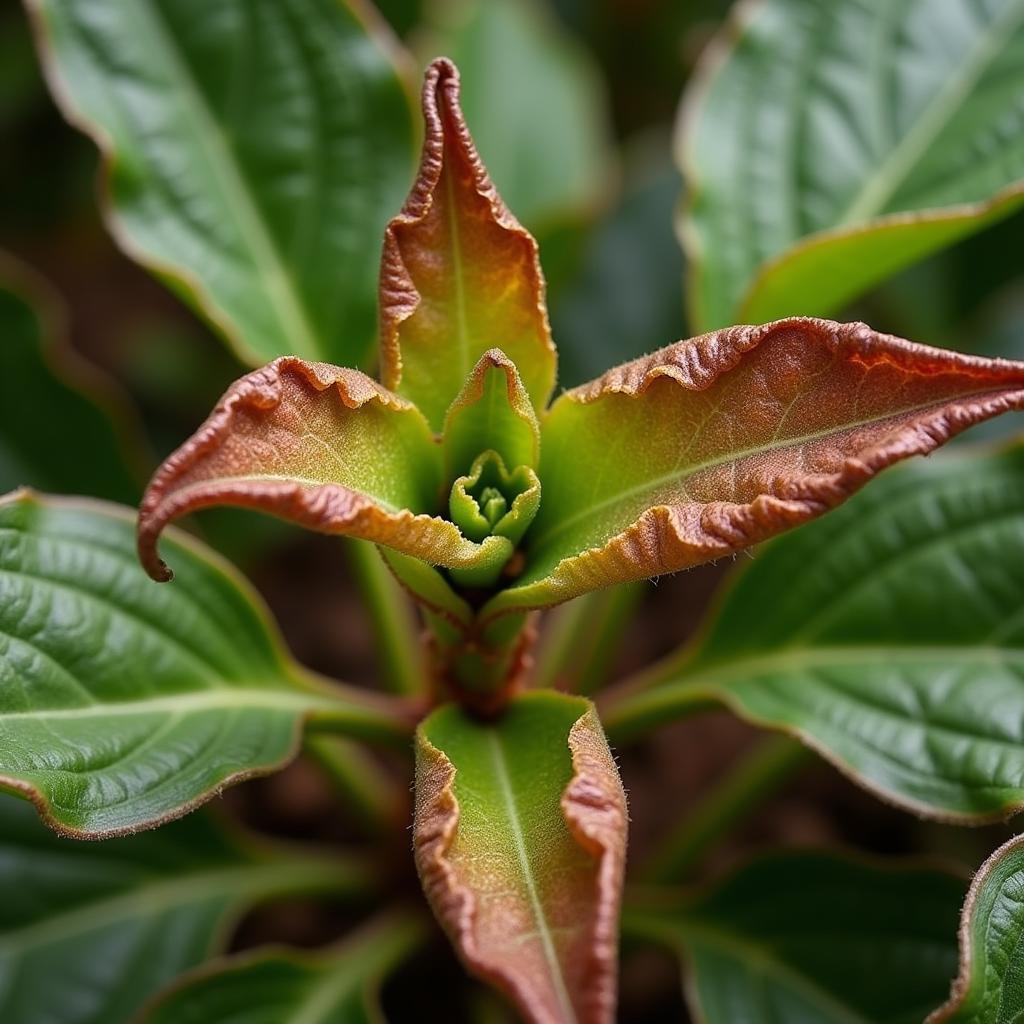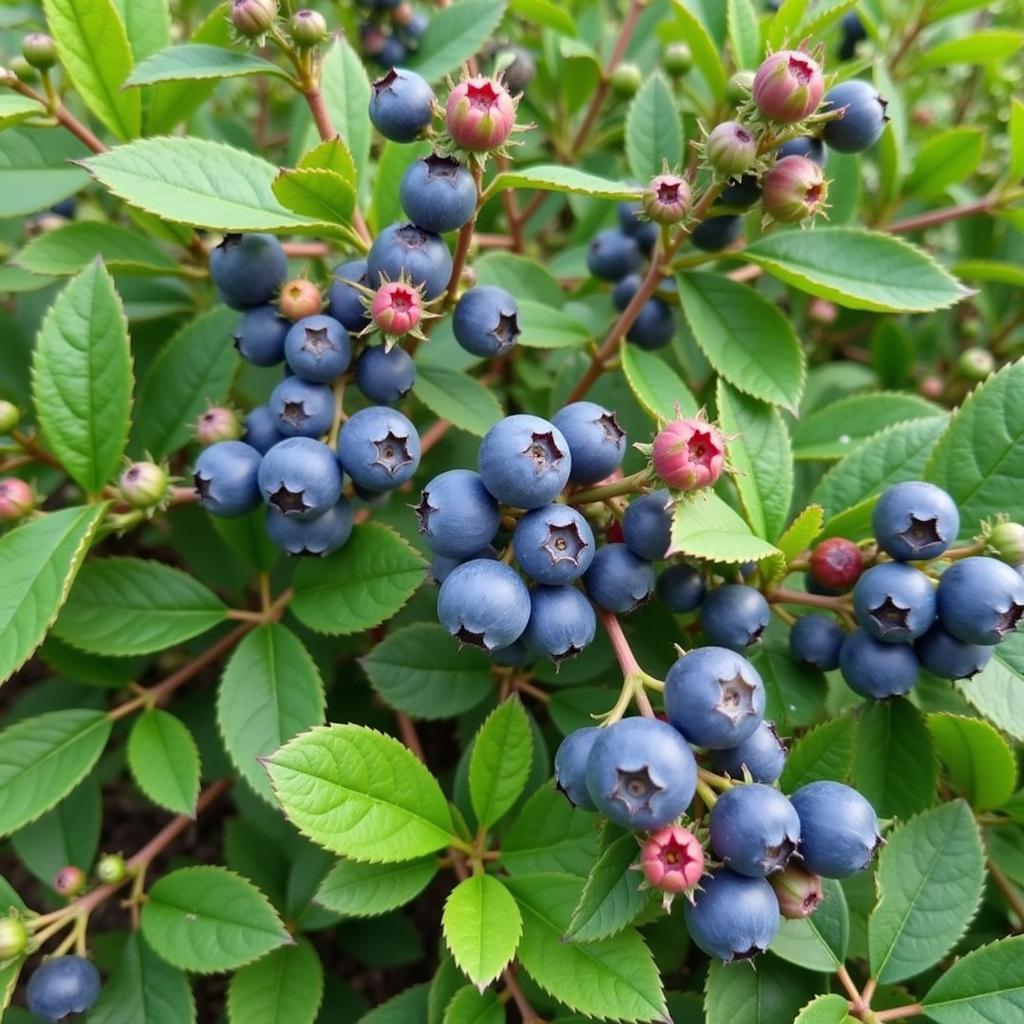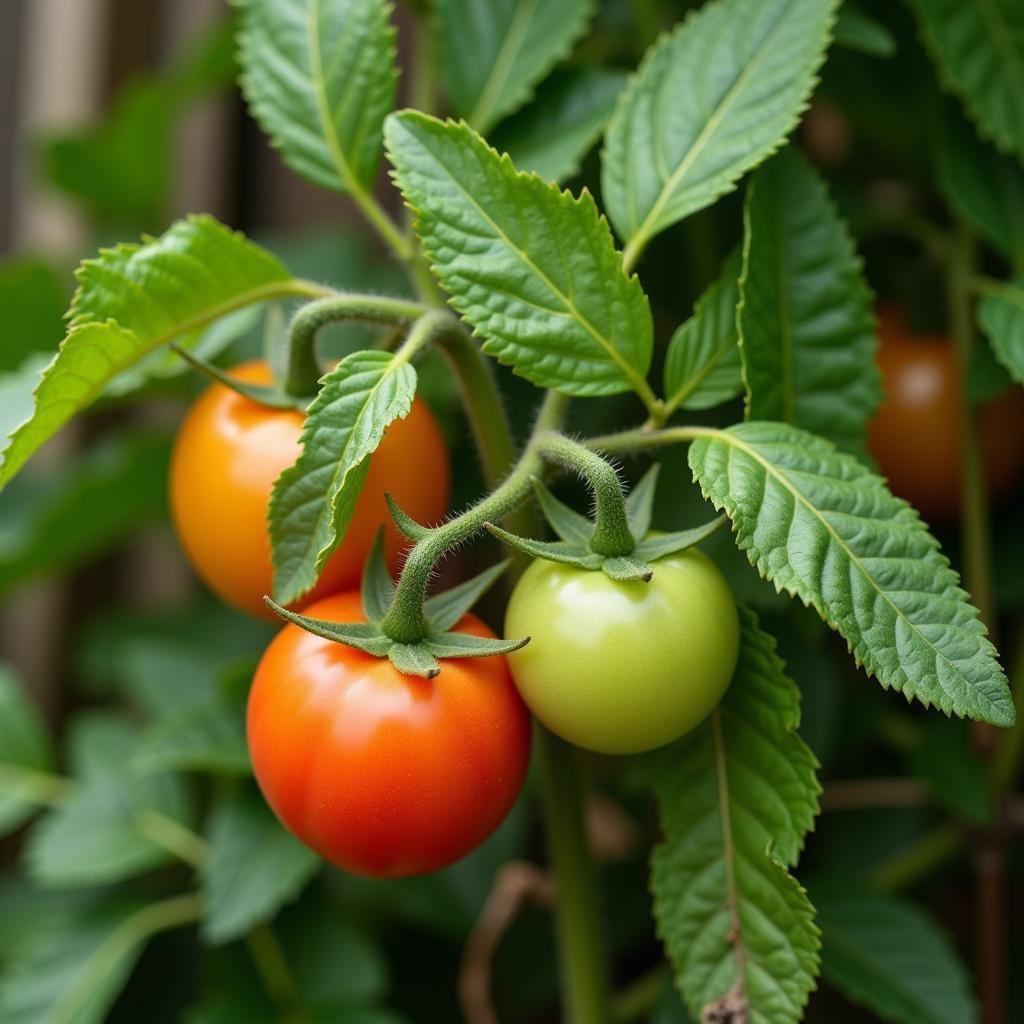What Plants Don’t Like Horse Manure?
October 21, 2024Horse manure is often touted as a garden goldmine, a nutrient-rich amendment that can do wonders for plant growth. However, this “black gold” is not universally loved in the plant world. While many plants thrive with a boost from horse manure, others might just wither away. So, what plants don’t like horse manure and why?
Let’s dig a little deeper and uncover the reasons behind this manure mystery.
Not All Plants Are Built for Manure’s Might
The success of using horse manure depends on several factors, including the age of the manure, its composting state, the plant species, and soil conditions. Here’s the thing: fresh horse manure is incredibly high in nitrogen. While nitrogen is essential for plant growth, especially leafy greens, an excess can be detrimental.
Think of it like this: too much of a good thing can be bad. High nitrogen levels can “burn” plants, damaging their delicate roots and hindering their ability to absorb water.
 Plants showing signs of manure burn
Plants showing signs of manure burn
The Case of the Sensitive Roots
Plants with delicate root systems, like young seedlings or root vegetables, are particularly susceptible to manure burn. These plants prefer a more balanced nutrient profile and might struggle to cope with the intensity of fresh manure.
Here’s a list of plants that are known to be sensitive to fresh horse manure:
- Root vegetables: Carrots, potatoes, radishes, and turnips.
- Young seedlings: Especially those of delicate flowers and vegetables.
- Acid-loving plants: Blueberries, azaleas, and rhododendrons.
 Acid-loving plants that prefer alternative fertilizers
Acid-loving plants that prefer alternative fertilizers
The Benefits of Aged Manure
Does this mean you should ditch horse manure altogether? Not necessarily. The key is to use aged or composted horse manure.
Here’s why:
- Reduced Nitrogen: Composting significantly reduces the nitrogen content, making it gentler on plants.
- Improved Soil Structure: Composted manure adds beneficial organic matter, enhancing soil drainage and aeration.
- Slow-Release Nutrients: Composting breaks down nutrients, making them available to plants gradually over time.
Signs Your Plant Might Be Saying “No” to Manure
Here are some telltale signs that your plant might not be a fan of your manure application:
- Wilting: Even when the soil is moist, the plant might wilt due to root burn.
- Leaf Burn: Leaves may turn brown or yellow at the edges.
- Stunted Growth: Plants might exhibit slow or stunted growth compared to their counterparts.
 A wilting plant showing signs of potential over-fertilization
A wilting plant showing signs of potential over-fertilization
Alternatives to Horse Manure
If you’re concerned about the effects of horse manure on your plants, consider these alternatives:
- Compost: A well-balanced compost made from various organic materials is suitable for a wide range of plants.
- Worm Castings: These nutrient-rich castings are gentle on plants and improve soil structure.
- Balanced Fertilizers: Choose a fertilizer specifically formulated for the needs of your plants.
While horse manure can be a valuable addition to many gardens, it’s important to be mindful of its potential drawbacks. By understanding the needs of your plants and the properties of manure, you can make informed decisions about your gardening practices.